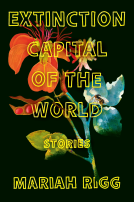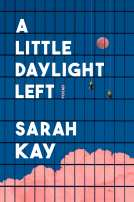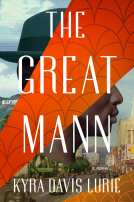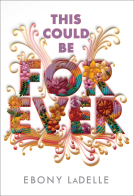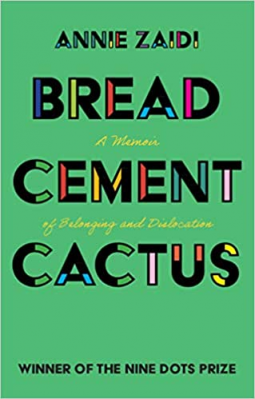
Bread Cement Cactus
A Memoir of Belonging and Dislocation
by Annie Zaidi
This title was previously available on NetGalley and is now archived.
Send NetGalley books directly to your Kindle or Kindle app
1
To read on a Kindle or Kindle app, please add kindle@netgalley.com as an approved email address to receive files in your Amazon account. Click here for step-by-step instructions.
2
Also find your Kindle email address within your Amazon account, and enter it here.
Pub Date Jun 23 2020 | Archive Date Jun 25 2020
Talking about this book? Use #BreadCementCactus #NetGalley. More hashtag tips!
Description
In this exploration of the meaning of home, Annie Zaidi reflects on the places in India from which she derives her sense of identity. She looks back on the now renamed city of her birth and the impossibility of belonging in the industrial township where she grew up.
From her ancestral village, in a region notorious for its gangsters, to the mega-city where she now lives, Zaidi provides a nuanced perspective on forging a sense of belonging as a minority and a migrant in places where other communities consider you an outsider, and of the fragility of home left behind and changed beyond recognition.
Zaidi is the 2019/ 2020 winner of the Nine Dots Prize for creative thinking that tackles contemporary social issues.
Available Editions
| EDITION | Paperback |
| ISBN | 9781108814638 |
| PRICE | $12.95 (USD) |
Featured Reviews
Thank you to Cambridge University Press and NetGalley for the Advanced Reader's Copy!
Available June 23 2020.
Like the country she lovingly describes, Annie Zaidi's "Bread Cement Cactus" is rooted in a quest for a home for the dispossessed. How strange it is, the experience of being made a stranger in your own home. Relating the personal to the political, Zaidi traces her lineage through the prominent Rajasthan and Uttar Pradesh borders. In the mere nine chapters, she interrogates the subtle, nuanced ways in which culture and politics combine to enforce power dynamics and marginalized groups. With pointed critiques and stunning prose, she takes on everything from tribal servitude, vegetarianism, language politics and graveyard sites. What seems like a relatively simple statement, for example "most Indians are vegetarians", is then challenged and broken down into power dynamics and control over food supply chain, violence, and nutritional deprivation. In today's divided political climate, "Bread Cement Cactus" is a necessary call for nuance, perspective and balance.
Readers who liked this book also liked:
Pamela Samuels Young; Dwayne Alexander Smith
Multicultural Interest, Mystery & Thrillers, Romance
